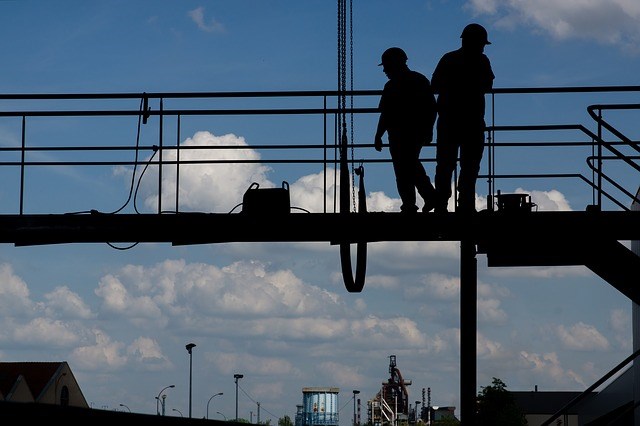The Labour Day long weekend signals the end of summer and the coming of a new school year, but itâs also a day to celebrate workers' rights and has a long history in Canada.
Labour Day in Canada originated from the March 1872 worker strike by the Toronto Printers Union associated with the nine-hour working day movement. It resulted in the passage of the Trade Union Act, which repealed British law that decriminalized unions.
Royal Bank Faculty Research Professor W. Craig Riddell of UBCâs Â鶹´«Ã½Ó³»School of Economics says a lot has changed since that initial workers strike. He has identified five main labour trends over the past 30 to 40 years in Canada.
âTheyâre not that much different this Labour Day than last Labour Day, but they raise some serious policy issues,â he says.
One trend has been the decline of unions in the private sector, which accounts for 75 per cent of the economy. Riddell says this is the result of globalization and changes in government legislation that makes it more difficult for workers to unionize.
âThe increasing globalization of economic activity puts a lot of pressure on companies to move their workforce to lower-wage countries or get lower wages for their workers in more industrialized countries,â he says.
B.C Federation of Labour President Irene Lanzinger has also seen the decline in unions.
âThe last few decades have been a time where there has been a significant and concerted effort to undermine unions both on the side of government and corporations,â she says. âUnions force employers to share their power and some employers want to maximize their profits and power.â
Another labour trend is rising income and wage inequality. This means the distribution of income and earnings has become more unequal at the individual worker and family levels.
âThatâs a really major development affecting working Canadians and indeed all Canadians,â says Riddell.
Lanzinger notes employees working for minimum wage in B.C. are $6,000 below the poverty line and says unions help increase income equality.
âThe biggest issue in B.C. right now is the large gap between rich and poor -- inequality,â she says. âThe people who are paying the price for that are living in poverty and low-wage workers.â
Related to rising inequality is the lack of growth in real wages and real income. Riddell says one exception is the resource boom in 2000 that mainly affected Alberta, Saskatchewan and to a lesser extent B.C.
These trends have lead to a declining middle class and a growing number of working Canadians in the lower and upper classes. Riddell says this leads to concerns about social cohesion and the polarization of political views.
âThereâs a worry about people on the top exerting too much influence on social outcomes,â he says.
Another important change in the labour market is the decline in career jobs and a move towards more casual employment. Riddell says this means individual workers are taking on more of the risk of changes in the economy and preparing for retirement.
âIt brings with it concern that when there are shifts in the economy, do we have the right kind of safety nets when workers are laid off,â he says.
He adds these issues are not unique to Canada and are occurring in many other Organisation for Economic Co-operation and Developmentcountries including the U.S., U.K and Australia.
He says there are no simple solutions, but part of the answer is to improve the bargaining power of individual workers through unions, higher minimum wages or other policy changes.
âThis has been going on for 30 years and has a variety of underlying causes. Addressing that and staying competitive as a country is not going to be easy,â he says.
The B.C. Federation of Labour advocates for workerâs rights including campaigns to increase the minimum wage and end workplace violence. Lanzinger hopes that on Labour Day Canadians will think of the benefits of workers rights.
âWorkers are the engine of the economy. They are actually the reason that corporations and employers make a profit and the government can provide good services,â she says. âWhen we pay people well and treat people well that benefits our communities.â
Riddellâs advice for young people looking to enter the workforce is to invest intelligently in skills and prepare to be flexible.
âLook carefully at sectors in the economy where thereâs growing demand for workers or there is likely to be in the future,â he says. âThe world is changing rapidly and the people who can adapt quickly are going to do the best.â
Riddell will document these changes and potential policy solutions in his new book Income Inequality: The Canadian Story set to be released early this fall. Itâs edited by David A. Green and France St-Hilaire.
âThereâs been a lot of discussion of these issues, but thereâs not been a really comprehensive and in-depth analysis of the Canadian experience and policies that could be implemented,â he says. âWe think this book will fill that important gap and make quite a contribution.â
You can read the four pre-released chapters of .
Twitter:



